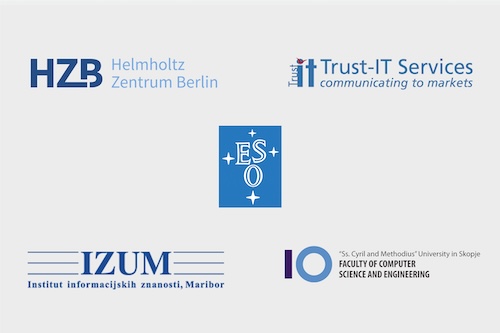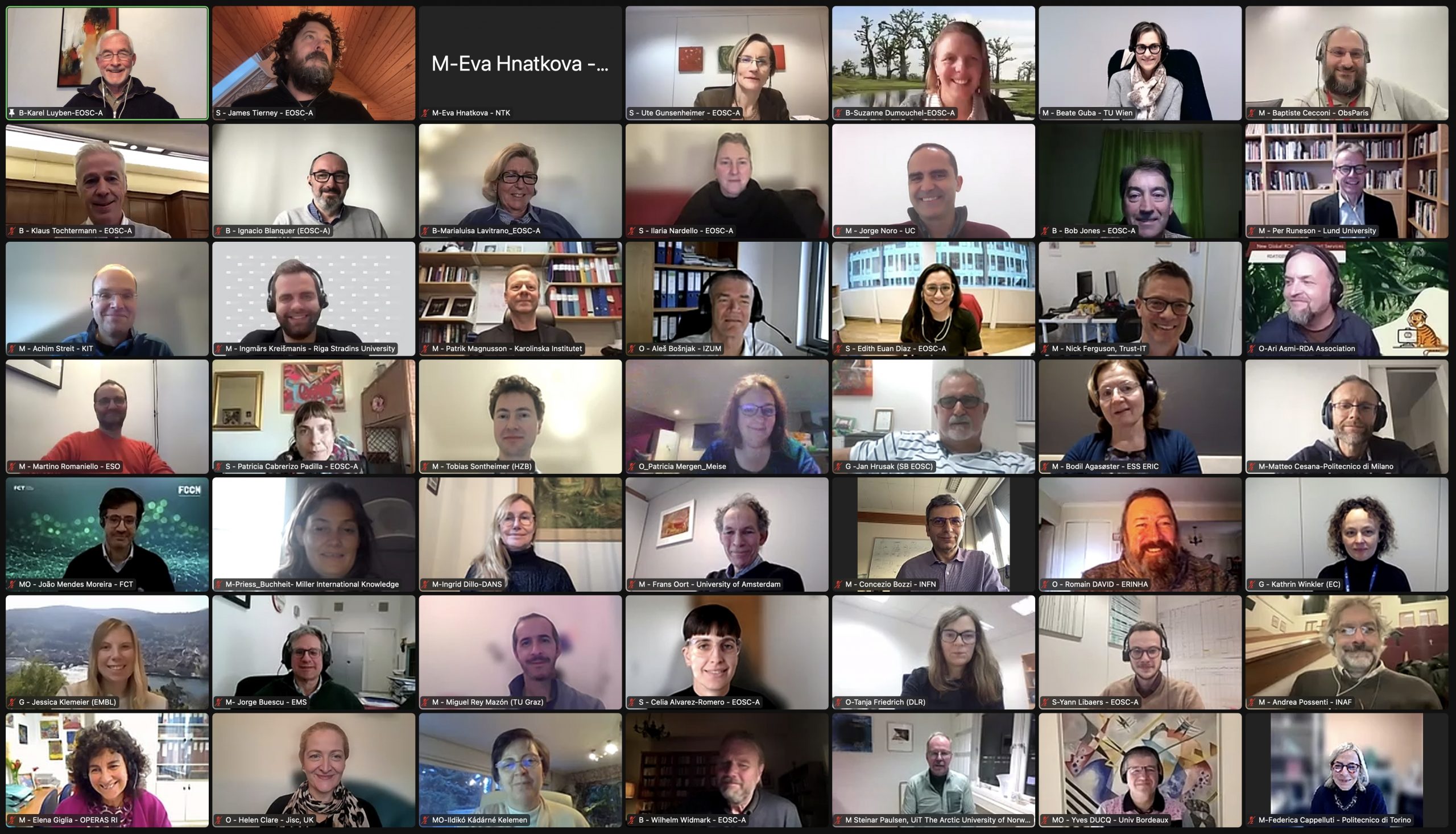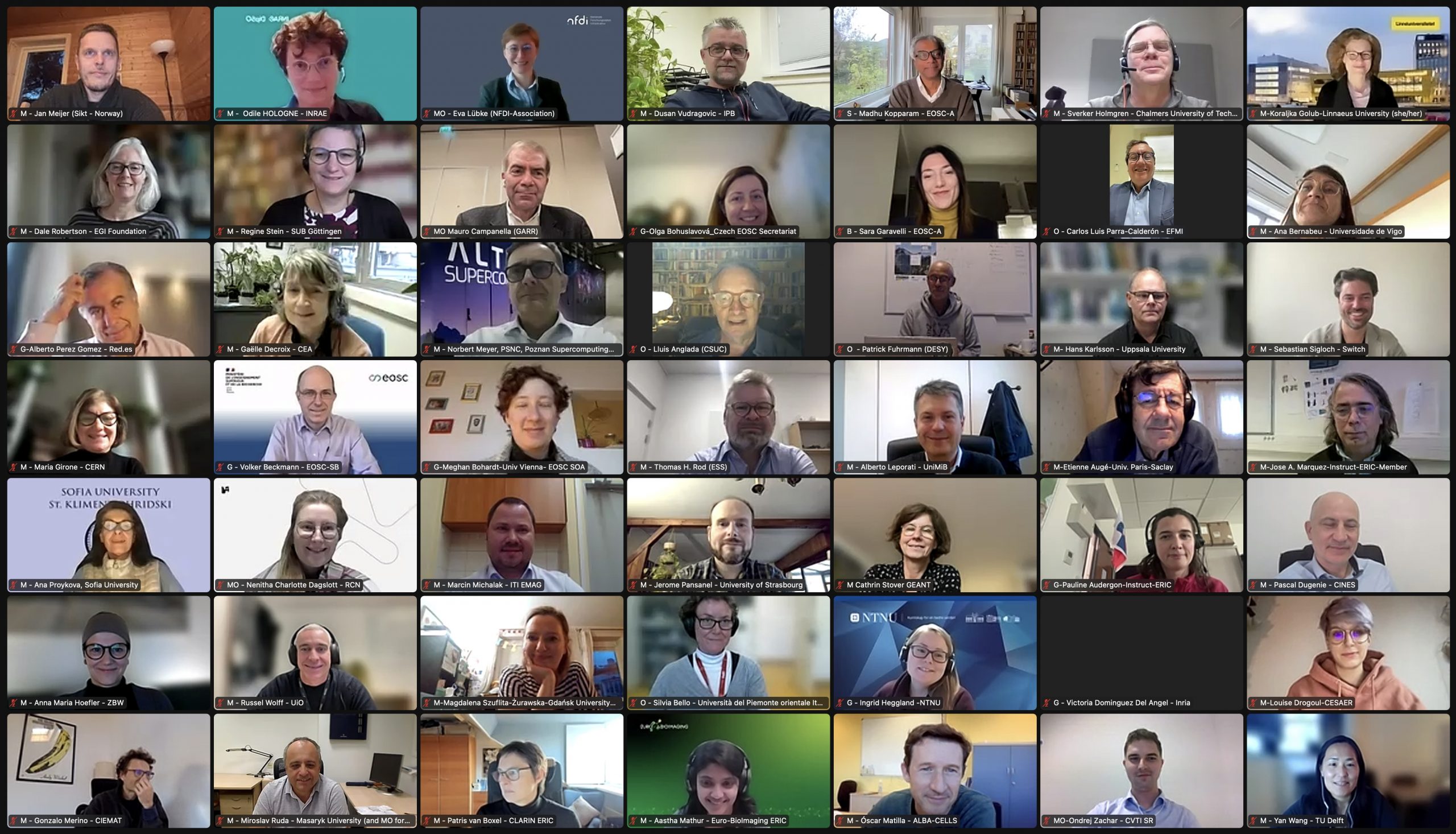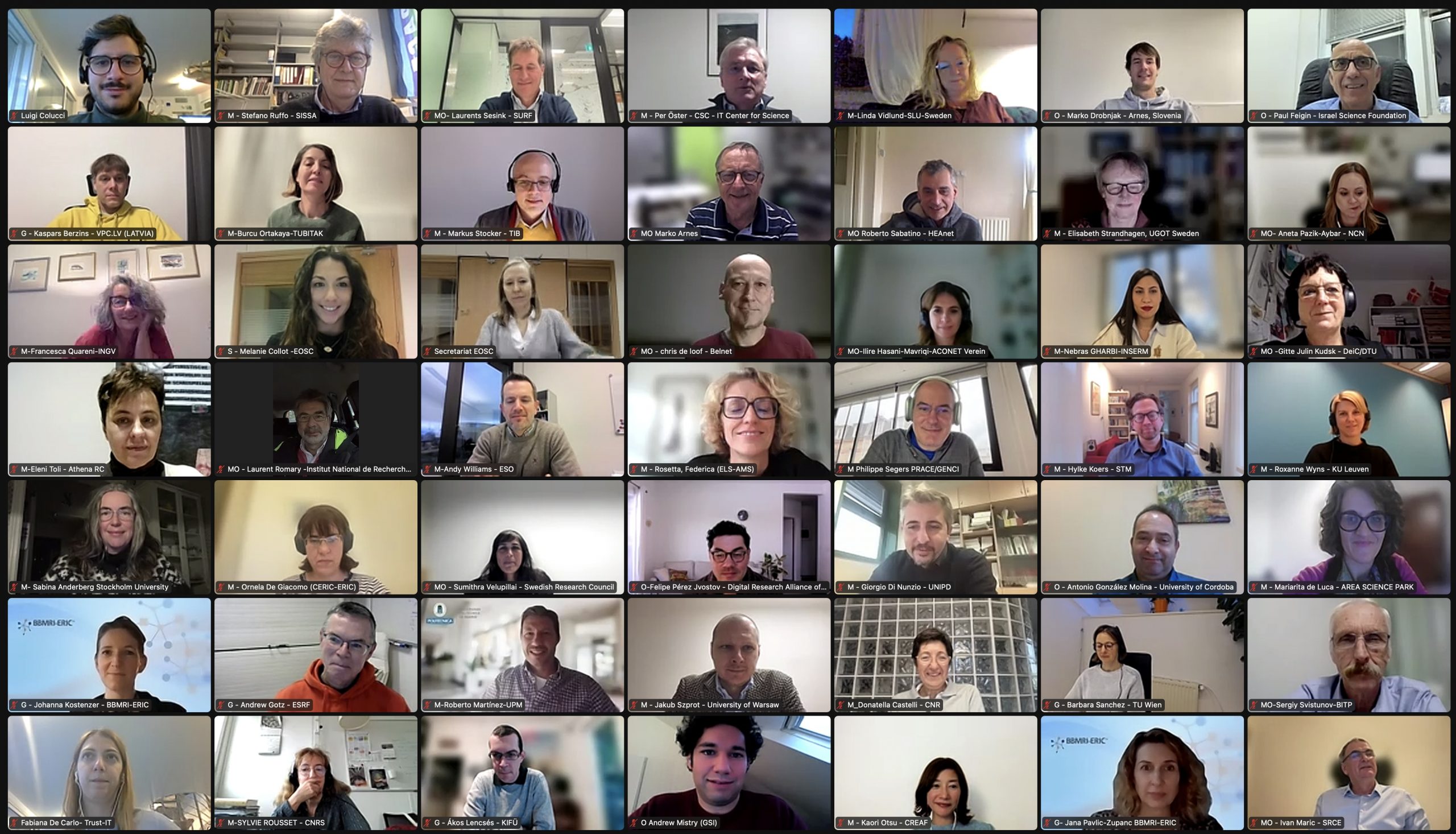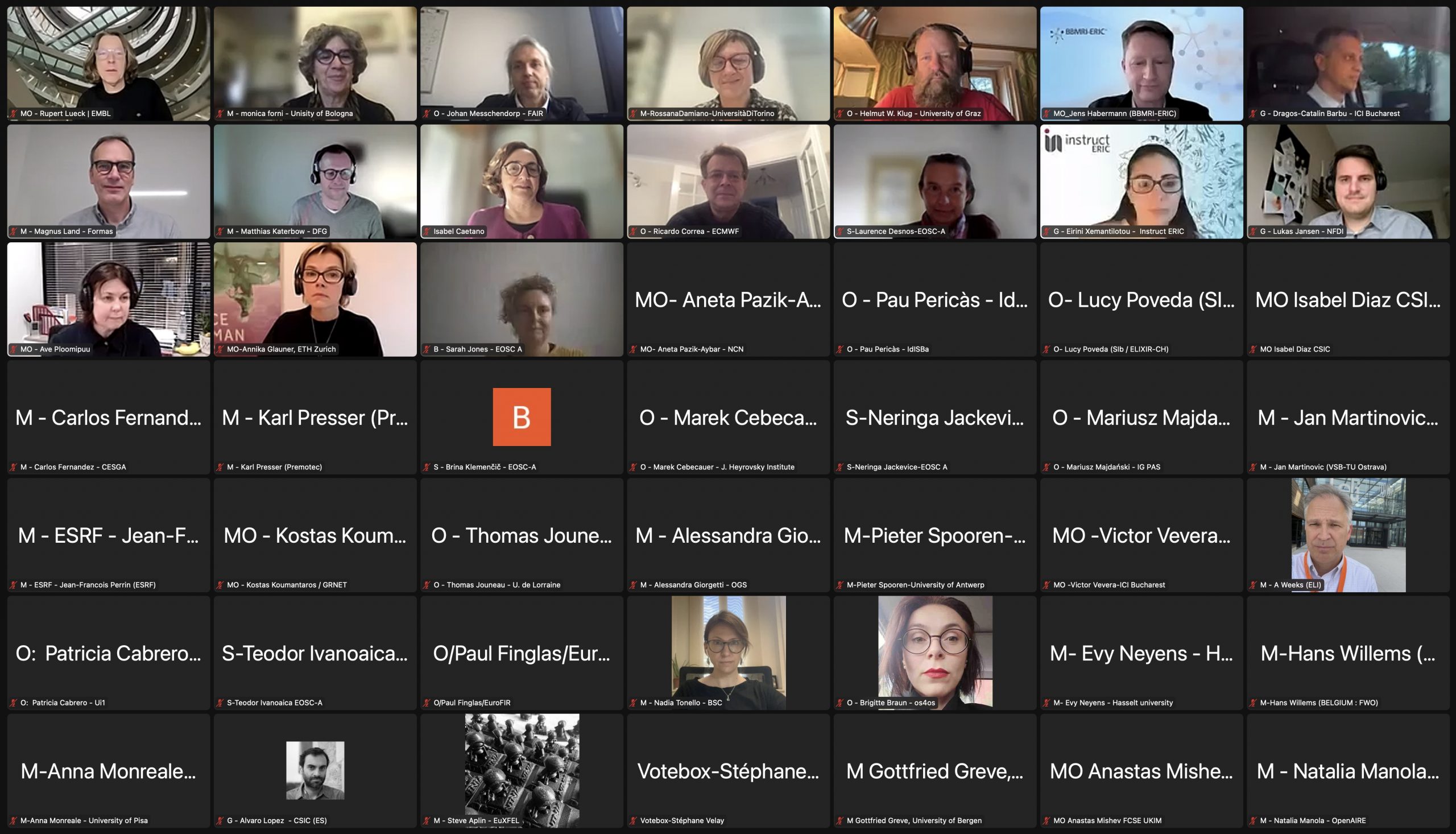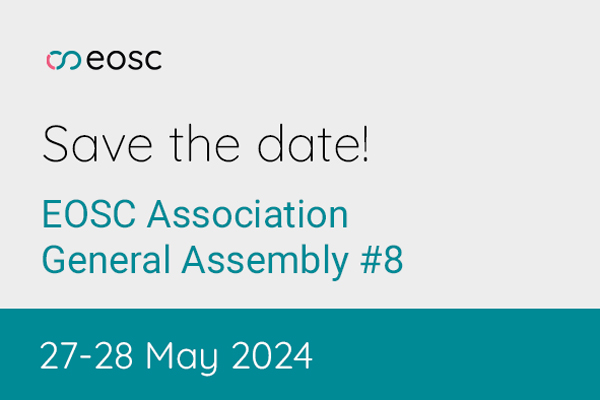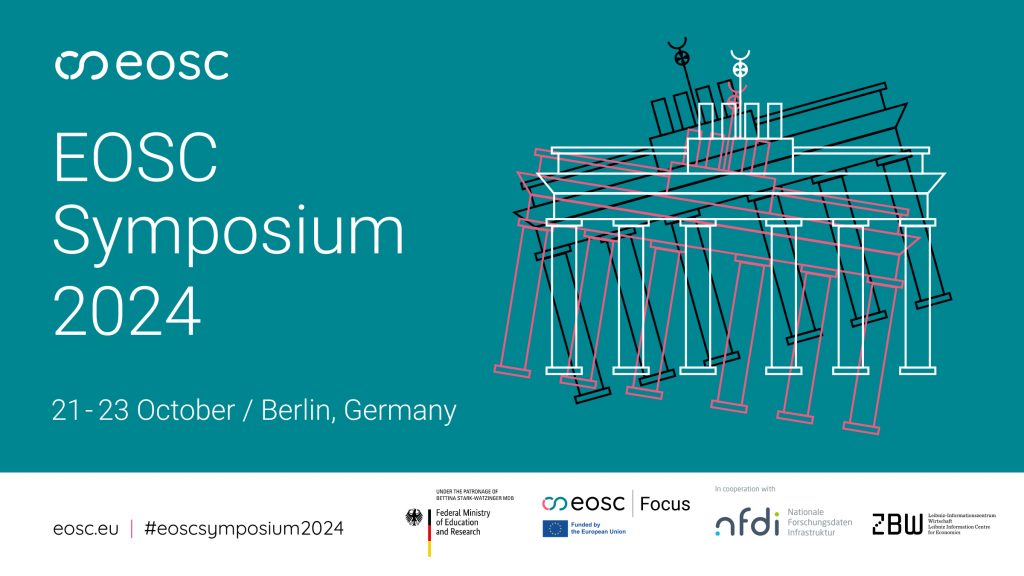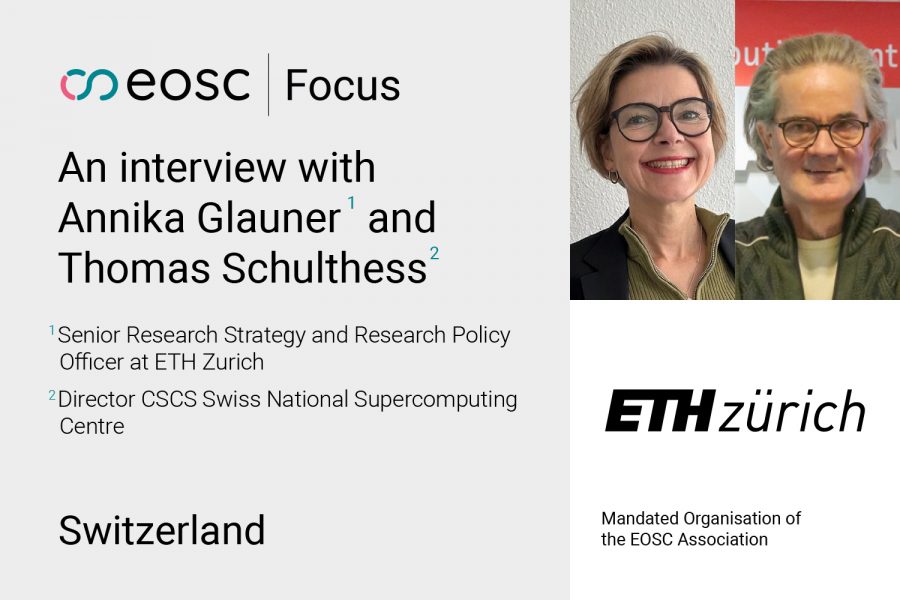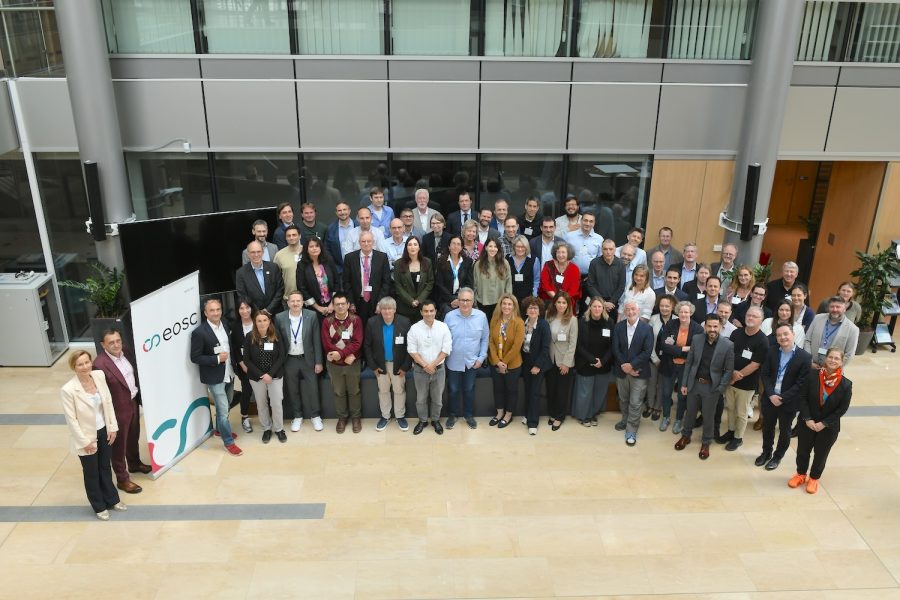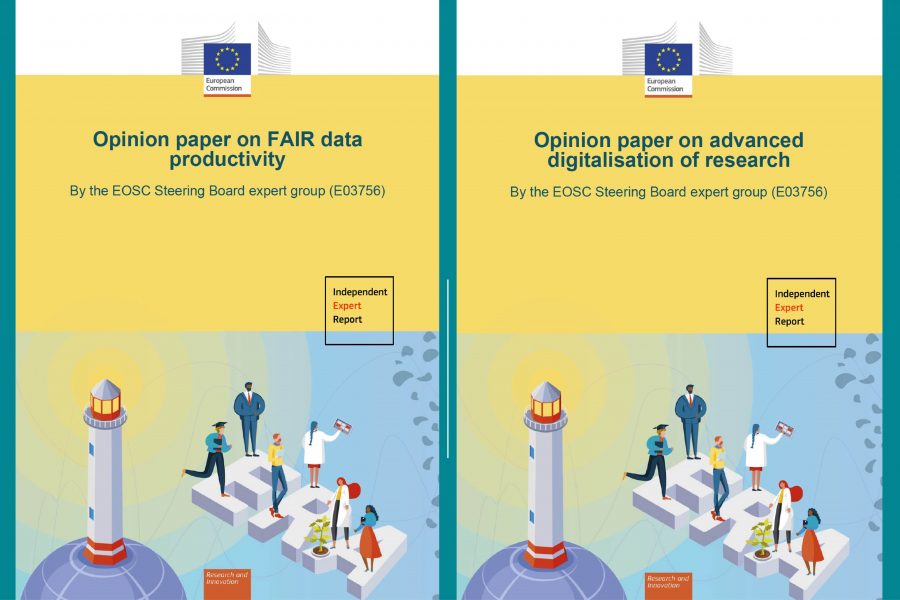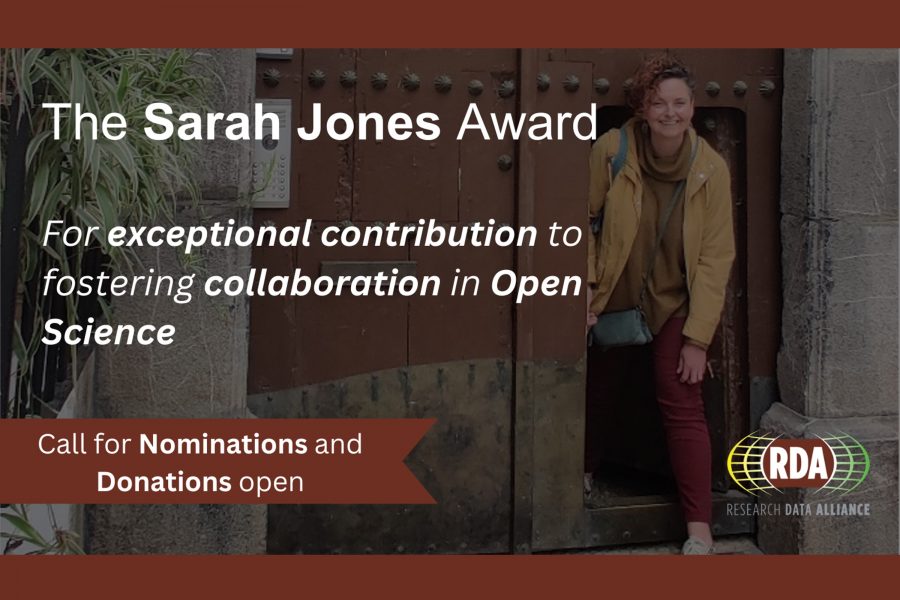BRUSSELS—The 7th General Assembly of the EOSC Association (EOSC-A) convened virtually on 21 November 2023, drawing 200 delegates and guests.
The meeting focused on decision-making items critical to the future of the Association, including admitting new members, electing three members of the Board of Directors, approving the Association’s Internal Regulations (bylaws), and approving the Work Plan and corresponding budget for 2024, among several other items.
New Members and Observers
EOSC-A President Karel Luyben kicked off the proceedings with a warm welcome, introducing the organisations poised to join as new Members and Observers of EOSC-A. Following brief presentations outlining their motivations, the three provisional Members – Helmholtz-Zentrum Berlin, the European Southern Observatory and Trust-IT Services – and the one provisional Observer, the Institute for Information Science in Maribor, Slovenia, were all unanimously accepted through online voting.
Annual Report and EOSC post-2027
President Luyben and Secretary General Ute Gunsenheimer then delivered a tag-team comprehensive report on the activities of the Association over the past year. Covering the Association’s statutory contributions to the EOSC Partnership, its efforts to align the INFRAEOSC projects, its contributions to the discussion around EOSC governance and financing post-2027, and its critical role as the voice of the EOSC community – among many other activities – the presentation made clear that the Association’s membership, its Secretariat and its Board of Directors have made the most of 2023.

Particularly noteworthy are the combined 1 billion euros of accepted and projected in-kind contributions (Additional Activities) by EOSC-A members toward the objectives of the Partnership from 2022-2024. Though the final numbers will change and must meet multiple layers of EC and Partnership Board approval, it is already clear that the 10-year 500 million euro commitment will be exceeded by far. As Gunsenheimer remarked, “We will easily make our commitment, but what this really demonstrates is how important and valuable the activities are that we as a community provide.”
Luyben went on to detail for the Association’s delegates EOSC-A’s preferred model for EOSC governance and financing after 2027, which will coincide with the EU’s 10th framework programme. The seven possible models under consideration, which have been arrived at over a lengthy process including the European Commission (EC) and the EOSC Steering Board, were the topic of discussion at the European Tripartite Event in Madrid earlier this week.
Said Luyben, “We are in favour of having an external entity that would be entrusted with the responsibility for running [the operations, maintenance and technical development tasks] of EOSC, even if that external entity would not be the EOSC Association – though we think we can in due time be ready to perform the role.”
EOSC-A Director Bob Jones, together with Luyben, presented the draft EOSC Association Board position paper on the EOSC Federation and the role of EOSC Nodes, which provides a short description of how EOSC will work as a “system of systems” consisting of multiple EOSC nodes. Members and Observers are welcome to provide feedback on this position paper (accessible through the linked title above) through Sunday, 10 December 2023 by writing to info@eosc.eu.
Also put in the spotlight was the massive impact on alignment, outreach and community building that EOSC-A’s National Tripartite events have made. In 2023 alone, these national events brought representatives from each of the tripartite’s branches into 13 countries, enlisted 270 speakers and panellists, and reached out to 1,644 participants.
Board Elections
The General Assembly re-elected three board directors, Suzanne Dumouchel, Marialuisa Lavitrano, and Klaus Tochtermann, for three-year terms (2024-2026). In alignment with the statutes, the trio, though each running unopposed, secured their positions through the required “double majority” vote of the Association’s delegates and Mandated Organisations.
Motivations for continuing their leadership roles in the Association ranged from addressing the need for stability within, to shaping the future of Open Science in Europe; from building trust and fostering collaboration, to establishing a fully functional, fit-for-purpose EOSC infrastructure.
Adoption of Internal Regulations, SRIA & MAR, and new Data Spaces & Industry AG
Following a non-virtual coffee break, EOSC-A’s new Internal Regulations, previously referred to as “the bylaws”, were voted upon and unanimously adopted.
The Assembly also approved the Strategic Research and Innovation Agenda (SRIA) 1.2 and its Multi-Annual Roadmap (MAR) 2025-27, which serves to directly inform the Commission’s forthcoming work plans for Horizon Europe. SRIA 1.2 has one more hurdle to clear before taking effect. Approval by the Partnership Board is pending the body’s 5th meeting on 06 December.
The establishment of a new Advisory Group on Data Spaces and Industry also garnered unanimous support from the General Assembly. The new Advisory Group was proposed in the context of recalibrating the existing 13 EOSC Task Forces, which reach the end of their first mandate at the end of 2023.
2024 Work Plan and Budget
EOSC-A’s proposed 2024 Work Plan and its accompanying budget received unanimous approval. This sets the stage for the coming year which will focus on continuing the work to shape the future of EOSC, to align and collaborate with the existing and new EOSC-related projects, and to systematically work with the EC to arrive at a co-owned EOSC Partnership SRIA 2.0 by the end of 2024.
Engagement priorities in 2024, apart from nurturing the six EOSC-related projects coming online early in the year, will include a heightened focus on funding organisations and research-performing organisations within the EOSC-A membership, especially those Members acting as intermediaries in the ecosystem, such as university alliances, networks and funders.
Also noteworthy for 2024, will be the expansion of the EOSC implementation Macro-Roadmap to include case studies and other outputs from the Additional Activities of the EOSC-A membership.
Major events for 2024
Announced during and in the wake of last week’s meeting are the two key events on the 2024 EOSC calendar: EOSC-A’s 8th General Assembly and the EOSC Symposium 2024. The Association’s GA#8 will be held 27-28 May 2024, with the location yet to be determined. And from 21-23 October 2024, EOSC-A, with support from EOSC Focus, will welcome the entire EOSC community to Berlin for the EOSC Symposium.

